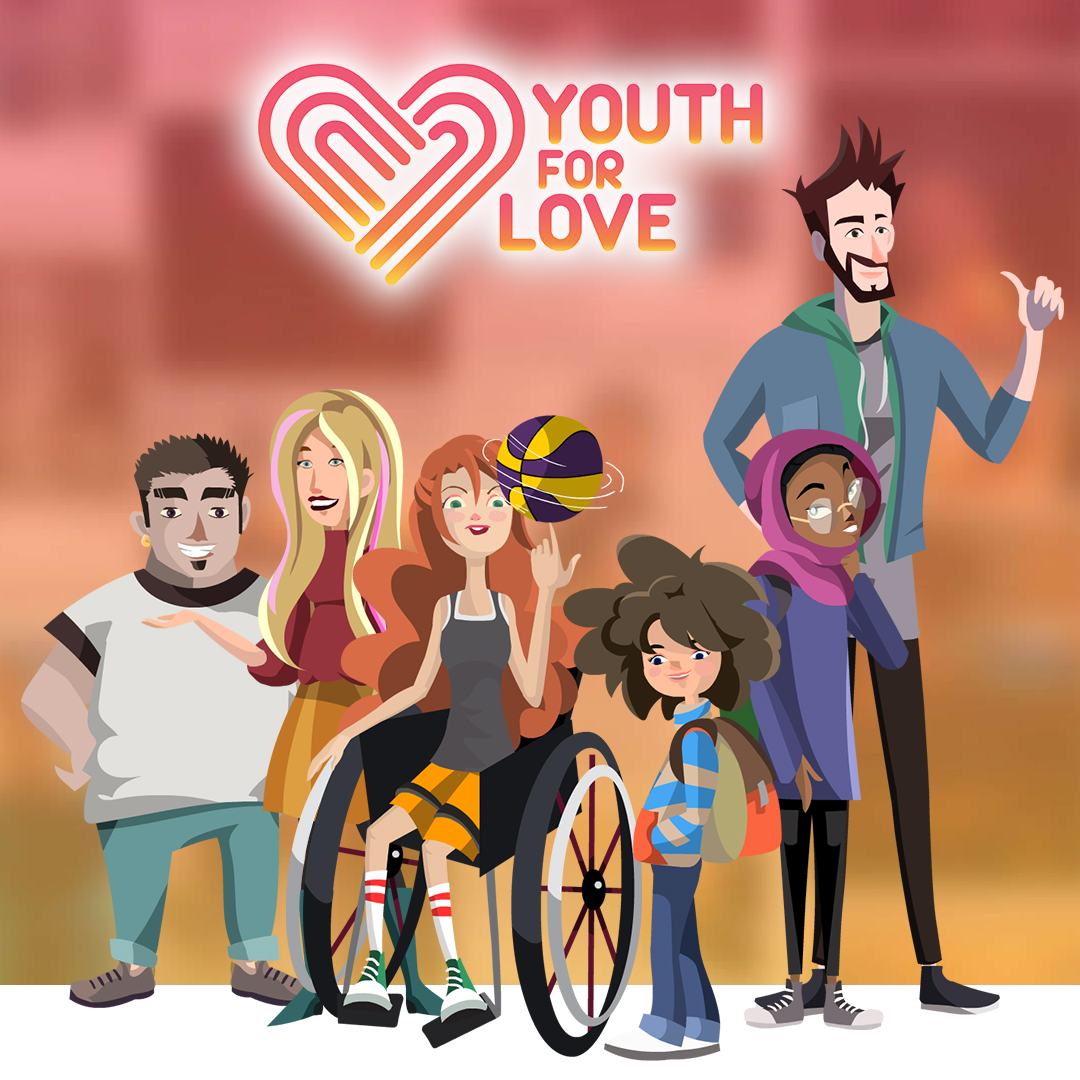Final event
An active community to contrast and prevent peer and gender violence represents the final event of the European project "YOUTH FOR LOVE 2", promoted by ActionAid Italy and Afol Metropolitana. The event, which is held on Tuesday 4 April 2023 from 10 am to 1 pm, will present the results of the project and some important reflections that emerged during the activities, around the topics of the different forms of violence at school and outside the school, between students involved and their proposals to counter it. Peer and gender-based violence between teenagers has particularly complex and multifaceted characteristics. It includes different manifestations of physical, sexual and/or psychological violence, such as verbal abuse, bullying, sexual abuse and harassment, coercion and assault, rape. In recent years, and in particular as a result of the pandemic, it become partially even more "invisible", taking place online, with characteristics that make the process of recognition, management and prevention more complex. The different forms of violence often overlap and reinforce each other, and gender is a key factor underlying many forms of violence and discrimination. YFL2 is part of a four-year Italian and European programme, implemented in Italy by ActionAid and Afol Metropolitana. At the European level it has been developed and implemented by ActionAid Hellas (Greece), UC Limburg (Belgium), and Fundatia Centrul Partenariat Pentru Egalitate (Romania). It is co-funded by the Rights, Equality and Citizenship (REC) Program of the European Union. The general objective of the project is to prevent, detect and address peer violence and gender-based violence (14-18 years) in 5 communities from 4 European countries (Italy, Belgium, Greece and Romania). Youth 4 Love 2 has promoted the adoption of a global and multilateral approach involving actors who generally do not cooperate with each other such as young people, parents, professionals in the education sector (school and community), associations, representatives of private services (private and tertiary sector), public services and authorities (public sector) at local and national level. download the program











